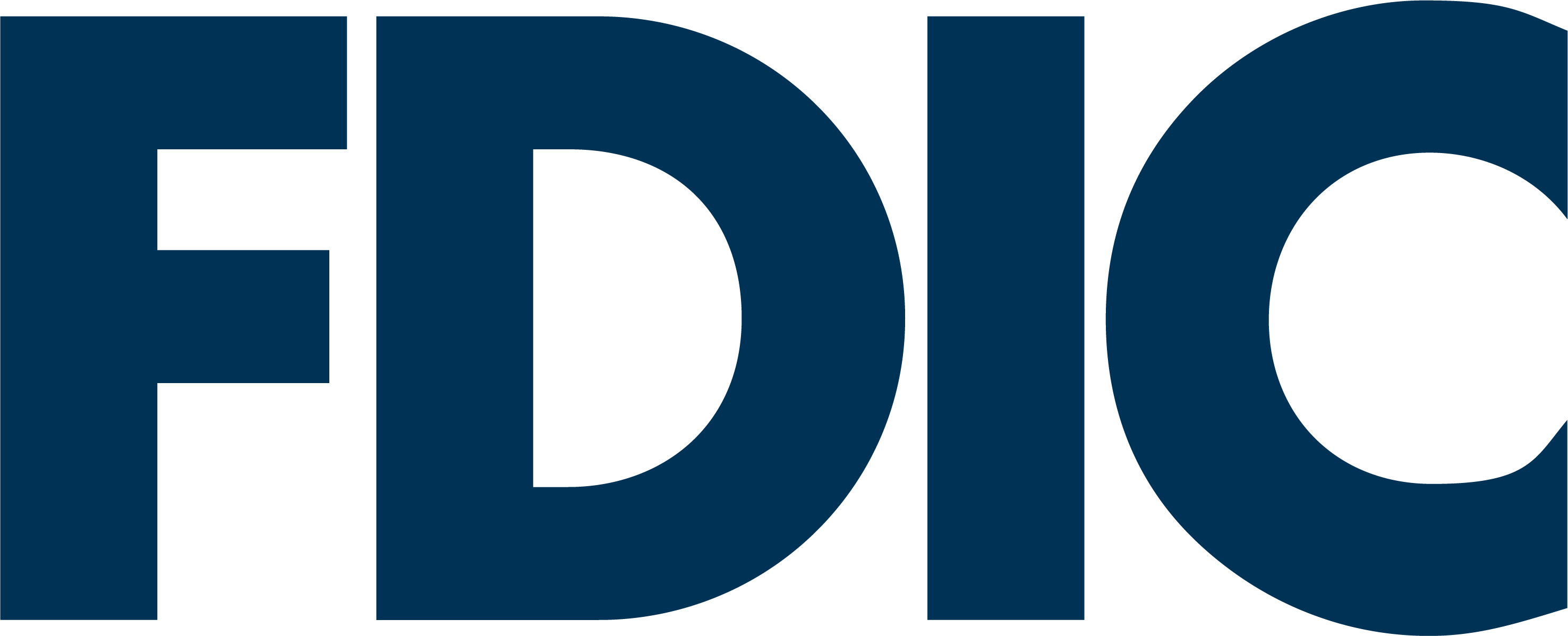When’s Your Next Financial Health Checkup?
Key Takeaways
- A financial health checkup includes analyzing your budget, long-term planning, goal setting and a credit check.
- Review your credit report for accuracy at least once a year.
- Set financial goals by life stage—student, professional, parent, retiree.
- Your community banker is here to help. Schedule an appointment online.
What Is a Financial Health Checkup?
A financial health check-up is a review of your finances to determine how well your money is working for you. It can help you spot areas for improvement and opportunities to save as you work toward your financial goals. The four main components of a financial health check are:
- Budget analysis
- Long-term planning
- Goal setting
- Credit checking
Analyze Your Budget
First, identify all sources of income, including monthly salary, hourly wages and investments. Is it enough to cover your monthly expenses? Is it enough to allow for saving for the future?Where is your money going each month? Review your spending habits to identify areas where you can potentially save. Think in terms of needs and wants or essentials and nice-to-haves.
Consider your debt next:
- Total outstanding debt
- Interest rate on each credit card, loan or line of credit
- Progress in paying down debt
Plan Long Term
Think beyond today to the coming months and years. Are you setting aside enough to pay for an emergency or hoping to get lucky? Try putting something aside every month, even if it’s not much.Evaluate your insurance coverage, too:
- Health
- Life
- Auto
- Boat
- Home
Set Financial Goals
Check out common financial goals by life stage and pick a few to aim for.Student
- Rent an apartment
- Buy a car
- Cover school tuition and expenses
- Travel
Professional
- Save for retirement
- Buy a house
- Lease a boat
Parent
- Protect your growing family financially
- Pay for kids’ education
- Leave a legacy
Retiree
- Travel
- Pursue hobbies and passions
- Spend more time with family and friends
- Give back to the community
Check Your Credit Report
Your credit report affects your ability to borrow money and get favorable interest rates. Review your credit report for accuracy at least once a year. You can request a free copy from each of the three major credit bureaus annually: Equifax, Experian and TransUnion. Visit http://www.annualcreditreport.com or call 1-877-322-8228.If you own a small business, you can apply these same methods to your business’s financial health. You may also benefit from exploring business banking if you haven’t already, as well as Treasury Management Services that span:
- Account management
- Accounts receivable
- Accounts payable
- ACH
Reach Out to Your Community Banker.
We’re always here to help. Explore more learning resources online or schedule an appointment with your community banker.
Frequently Asked Questions
Why should I consider a financial health checkup?
Just like a health checkup, a financial checkup helps you assess your current situation, identify issues and opportunities and make informed decisions to reach your goals.
How often should I have a financial health checkup?
At least once a year and whenever you have big life changes like starting a new job, getting married and having children.
What does a financial health checkup involve?
- Analyzing your budget—income, expenses and debt
- Planning for the long term with emergency funds, insurance and retirement savings accounts
- Setting financial goals
- Reviewing your credit report
What are the benefits of a savings account?
Savings accounts provide a safe place to store your money, earn a modest interest rate and easily access your funds when needed. They are ideal for emergency funds and short-term goals.
Get seven tips to establish good savings habits.
What are the different types of mortgages available? Understand how mortgage interest works.
What is a HELOC, and how does it work?
A Home Equity Line of Credit (HELOC) allows you to borrow against the equity in your home, providing access to funds for home improvements, debt consolidation or other expenses. It works like a credit card with a revolving credit line.
How can I manage my credit card debt effectively?
- Prioritize paying down high-interest debt first
- Consider transferring balances to lower-interest cards
- Create a realistic budget to avoid overspending














